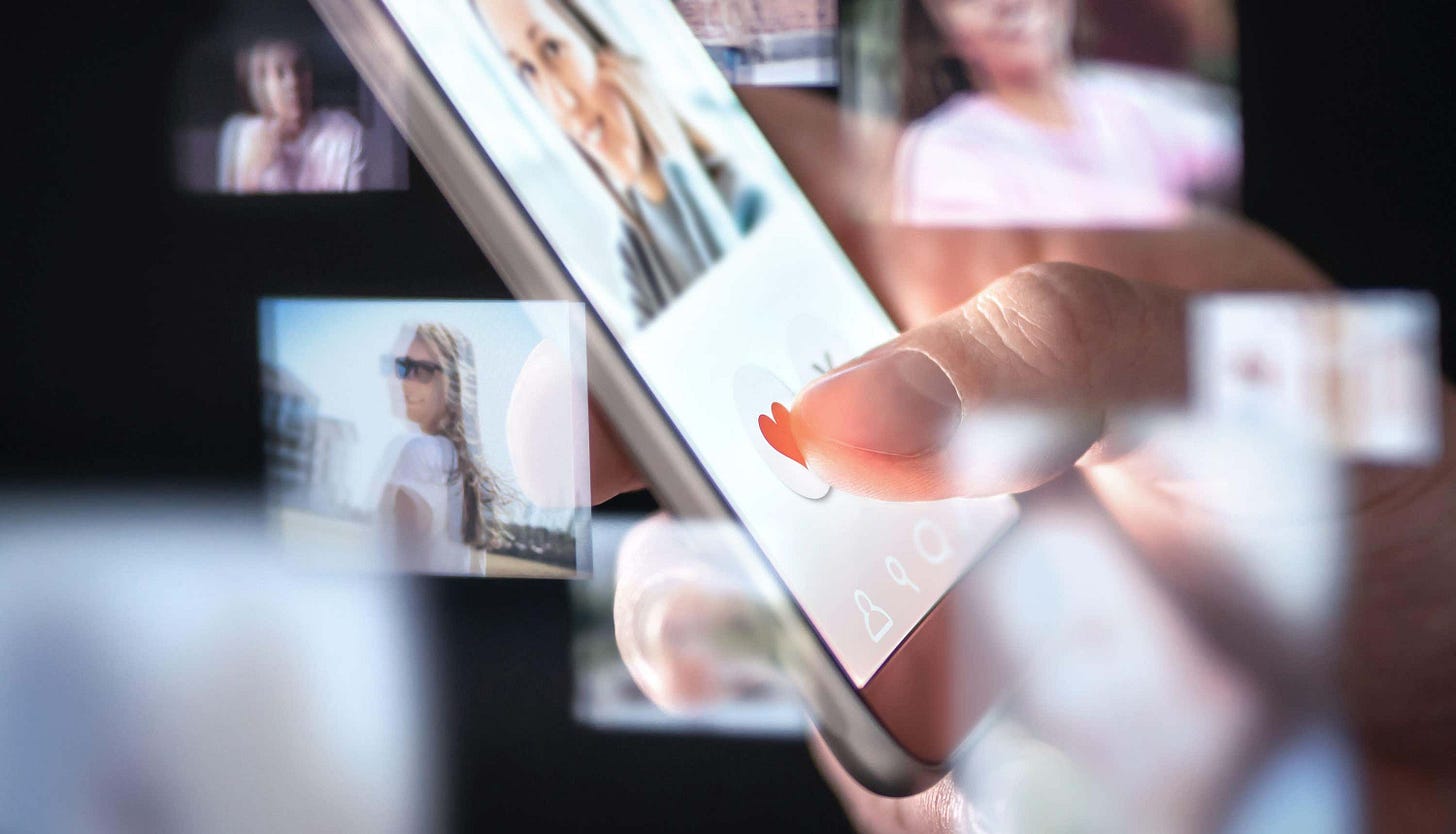Young women's dream world doesn't include the internet
Half of young people would also support a 'digital curfew' banning apps after 10pm.
More than half of young women would rather live in a world without the internet, but the same is not true of men, new research has found - lending weight to the idea that women’s online lives are at breaking point.
A UK study found 52% of women aged 16-21 said they would rather be young in a world without the internet, compared to 44% of young men.
Half (50%) of all the young people surveyed by the British Standards Institution said they would also support a “digital curfew” that would restrict their access to some apps and sites after 10pm. And almost 7 in 10 (68%) feel worse about themselves after spending time on social media.
While there were some similar online behaviours between young men and women, the differences were telling: 43% of women said they had set up a fake or “decoy” account online, compared to 36% of men, and women were less likely to have shared their location with someone who they had never met.
Over half (54%) of young women were in favour of stricter age verification for online platforms, compared to only 44% of young men.
The research surveyed 1,293 young people. It found young people have been “living online throughout their adolescence”. Two thirds (66%) said they were gaming before they were 13 and 43% said the same of social media. And 27% of those who had shared their location with strangers said they had then received unwanted attention.
Related articles
Young men were slightly more likely to have concealed their identity online, by pretending to be a different person or a different age than they were. But it was also young men who were more likely to want support for safety online than young women.
Three quarters told the British Standards Institution they spent more time online because of Covid-19, which hit when this age group were between 11 and 16 years old.
The news comes as concerns about young people’s lives online build. In March, a poll found 58% of young women blamed Donald Trump for the spread of misogyny online, and were also more likely to report that their mental health had been damaged by misogynistic content.
In contrast, The Female Lead’s #DisruptYourFeed research found that when young women were encouraged to curate their social media content with positive and empowering role models, it improved their self-image and relationship with online spaces.
The study showed that this approach increased confidence, career aspirations, and awareness of the impact social media has on mental health, ultimately helping teens develop a more mindful approach to being online.






